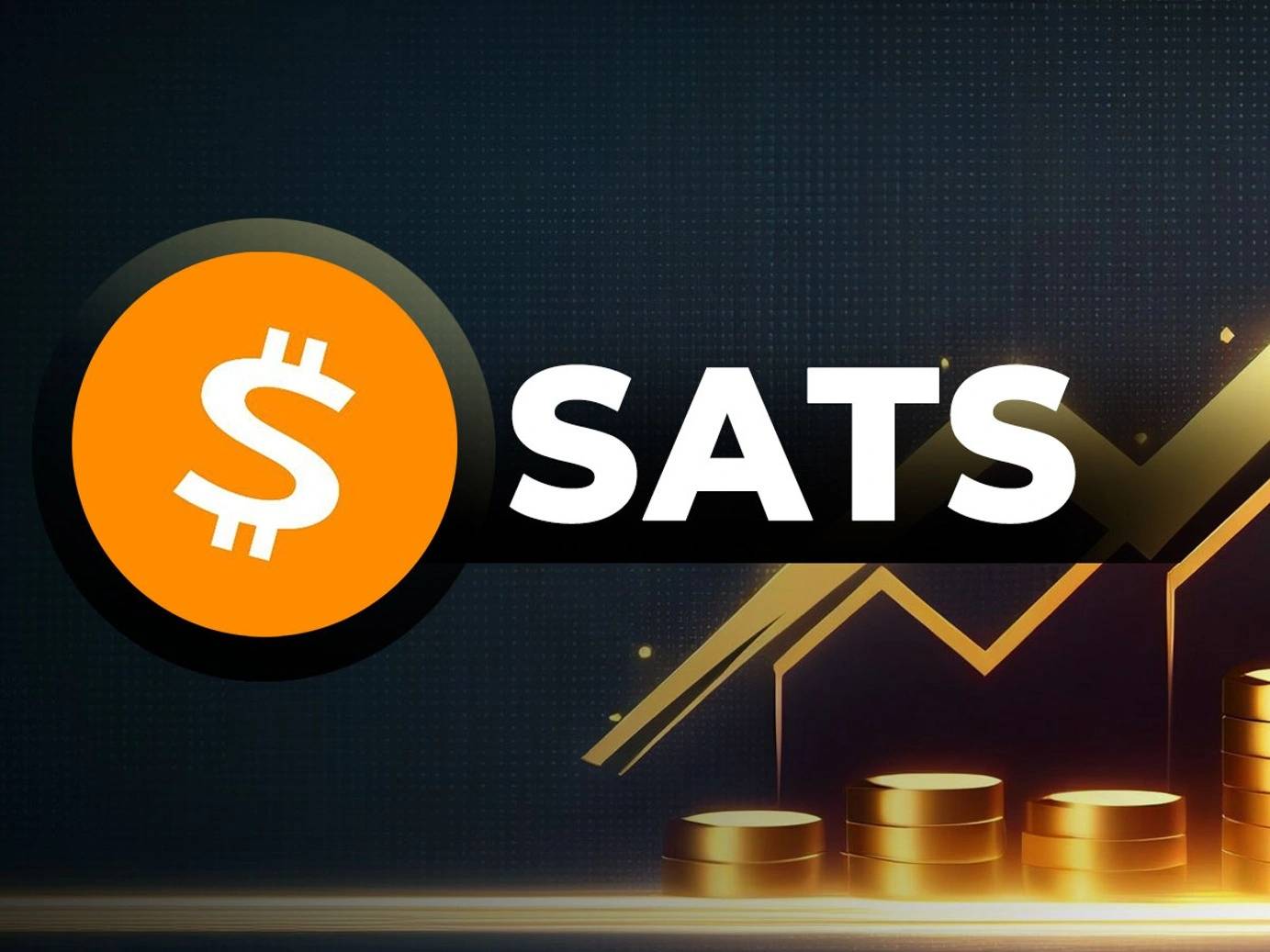위키 구독하기
Share wiki
Bookmark
SATS (Ordinals)
0%
SATS (Ordinals)
SATS는 BRC-20 표준을 기반으로 하는 토큰으로, 토큰 생성 및 관리를 용이하게 하기 위해 비트코인 네트워크의 오디널스 프로토콜을 사용합니다.[1][2]
개요
2023년 3월에 도입된 SATS는 BRC-20 표준에 따라 개발되었으며 비트코인 네트워크의 오디널스 프로토콜을 활용합니다. 이 프로토콜은 사토시에 고유한 ID를 할당하여 상호 교환 가능한 토큰을 생성할 수 있도록 합니다.
BRC-20 표준은 이러한 토큰의 배포, 발행 및 전송 프로세스를 용이하게 하며, 네트워크 수수료는 비트코인의 수수료율에 따라 달라집니다. ERC-20 토큰과 달리 SATS를 포함한 BRC-20 토큰은 스마트 계약을 지원하지 않습니다. 그러나 소액 결제 및 탈중앙화 금융과 같은 용도로 탐색되고 있습니다. SATS는 비트코인의 가장 작은 단위인 "사토시"에서 파생되었습니다.[1][2][3]
SATS 배포 및 발행
SATS BRC-20 토큰을 배포하려면 해당 메타데이터를 JSON 형식으로 비트코인 블록체인에 기록해야 합니다. 이 메타데이터에는 일반적으로 프로토콜 유형, 운영 기능, 토큰 기호, 공급 제한, 발행 제한 및 소수점 자릿수와 같은 세부 정보가 포함됩니다.
발행 프로세스는 JSON 각인을 통해 지정된 수의 토큰을 생성하는 것을 목표로 합니다. 네트워크가 이러한 각인을 확인하면 트랜잭션이 처리되는 방식과 유사하게 토큰이 생성자의 주소에 할당됩니다.[2]
SATS 전송
SATS 토큰을 전송하려면 '전송' 작업으로 새 각인을 생성하고 보낼 금액을 지정해야 합니다. 이 각인은 표준 비트코인 트랜잭션으로 처리되어 토큰을 한 주소에서 다른 주소로 이동시킵니다. 비트코인 네트워크는 이를 일반 트랜잭션으로 취급하고 내장된 BRC-20 토큰 데이터를 해석하지 않습니다.
SATS BRC-20 토큰의 도입은 증가된 트랜잭션 수수료와 비트코인의 원래 P2P 목적에서 벗어나는 것에 대한 우려에 대한 논의를 촉발했으며, 이는 이러한 토큰과 관련된 새로운 기능과 과제를 모두 반영합니다.[2]
잘못된 내용이 있나요?
